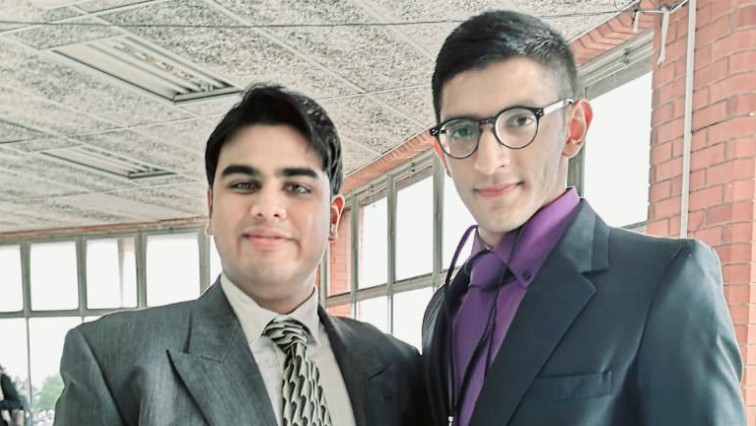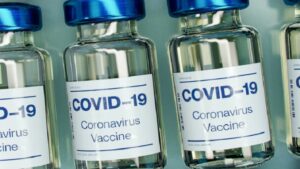Two medical students from the University of KwaZulu-Natal (UKZN) have come up with a winning idea to help prevent microbes becoming resistant to antibiotics.
It is estimated that the so-called superbugs could claim the lives of 10 million people worldwide by 2050.
Kapil Narain and Mohamed Suleman’s proposed “pill-Alert” app is one of ten winning ideas chosen in a global competition to combat the build-up of resistance against antibiotics.
Studies estimate that 47% of people forget to take their antibiotics or stop the course when they start feeling better.
Suleman explains the consequences. “Under reduced selective drug pressure, these organisms now can alter their structure and become resistant to the medicine that we have today.”
Such antimicrobial resistance is seen as one of the greatest global health threats. It is estimated that by 2050, 10 million people could die from these so-called superbugs.
Suleman explains how the app works: “In terms of the app, for example, if you’re prescribed an antibiotic and you need to take two tablets twice daily and if you inform your doctor that your first dose will be at 8:am. So at exactly 8:am on your phone, you will receive a reminder via call or SMS to say that you have to take your antibiotic now and the instructions on how to take it. In that way you will improve patient compliance.”

Suleman emphasises that patients will not have to download the app. It will be hosted by the National Department of Health.
Doctors will enter the patient’s details and instructions for the prescription. This makes the system compatible with even the most basic cellular phones. Suleman says the World Health Organisation in Africa (WHO) is among the institutions showing an interest.
“We hope to work with the World Health Organisation, ReAct Africa, the South African national department of Health and the Department of Science, Innovation and Technology for the implementation of our app. Our app is actually best suited for resource-limited settings. Our main focus is obviously KZN.”
Narain is a fifth-year student while Suleman is a first-year medical student after completing his pharmacy degree. They met for the first time in March.
Suleman says since Narain is based in Pietermaritzburg for his studies, they Skyped over weekends as they worked on the concept.
“We would meet online, for example, Skype; video calls online. Every weekend we would have a call, you know, for an update on the work. For example, I do a piece and so I send it to my friend Kapil, and he would do a piece and send it to me. And from there we would work.”
Suleman says it was both scary and exciting to meet leading decision-makers in the health sector in Geneva, Switzerland, after their proposal made the top ten in the Innovate-4-ARM competition.






